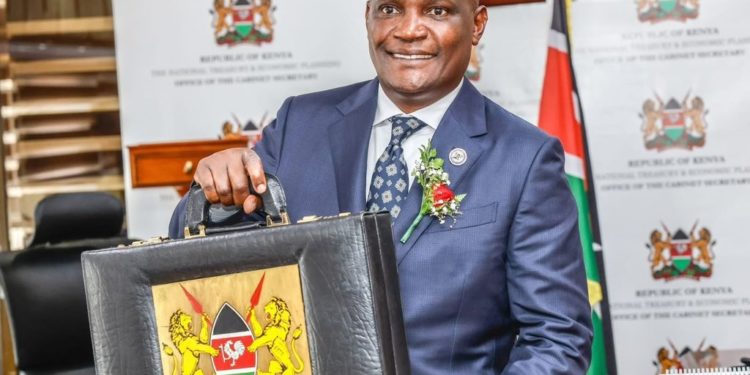Kenya’s fiscal landscape is at a pivotal moment as the National Assembly’s Finance and Planning Committee rejected the National Treasury’s proposal to raise KES 30.0 billion through the Finance Bill 2025 by erasing tax benefits for some key products. This decision by the committee will now preserve the zero-rated status of locally assembled goods such as mobile phones, electric bicycles and motorcycles, reflecting a cautious approach to taxation. The move underscores a broader struggle to balance revenue needs with the welfare of consumers and local industries, especially in the wake of last year’s violent protests that forced the government to abandon a tax hike plan, resulting in over 50 deaths.
This year, the treasury’s strategy hinged on shifting these products from zero-rated to exempt status, a change that would have removed the ability to reclaim input VAT. Zero-rated supplies allow businesses to offset costs, keeping prices manageable, while exempt status imposes higher operating expenses, often passed onto consumers.
The committee’s stance that reverting to exempt status would undo the 2023 Finance Act’s intent to support local industries and lower costs for essential goods. The members reckoned that maintaining this reform prevents price surges that could burden households and discourage investment.
This rejection however,comes at a cost. The KES 30.0 billion shortfall will weaken the government’s revenue, potentially straining public services such as healthcare and infrastructure. The decision also highlights the trauma of last year’s sour experience with Finance Bill, that forced retraction of the tax bill. The government therefore curbed aggressive tax measures in this year’s signals that the government is wary of confrontation. While avoiding unrest is prudent, it risks leaving a revenue gap that could hinder development not unless they turn to borrowing.
This moment calls for a rethink of Kenya’s tax strategy, as a more inclusive approach like broadening the tax base by targeting untapped sectors or enhancing compliance could offer better alternatives as compared to quick fixes that spark public outrage.















